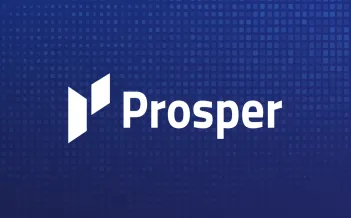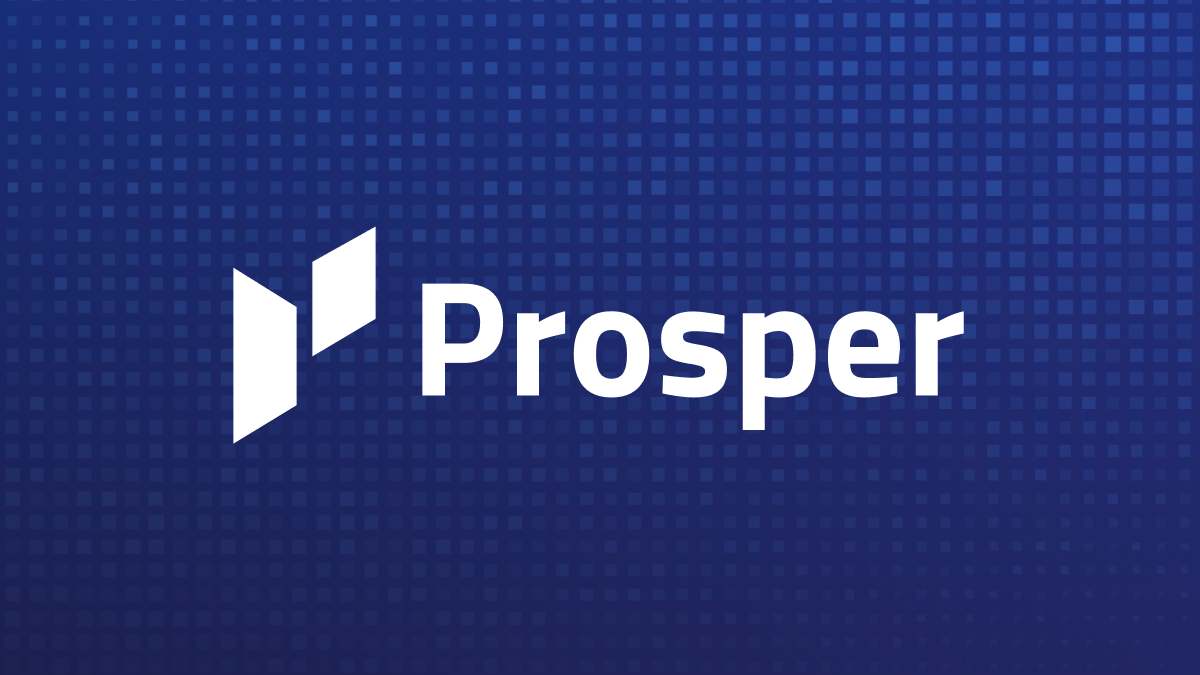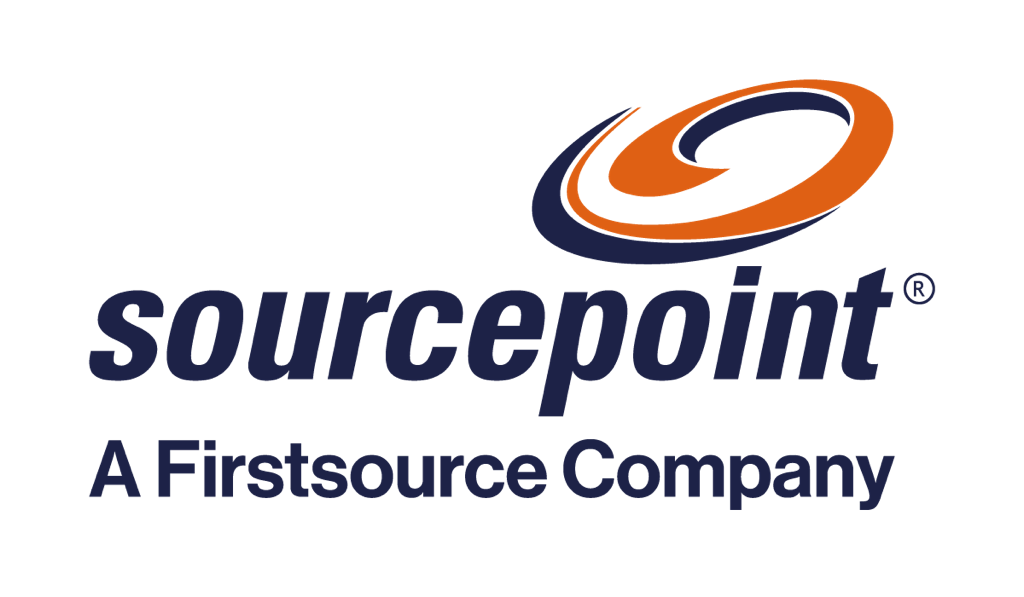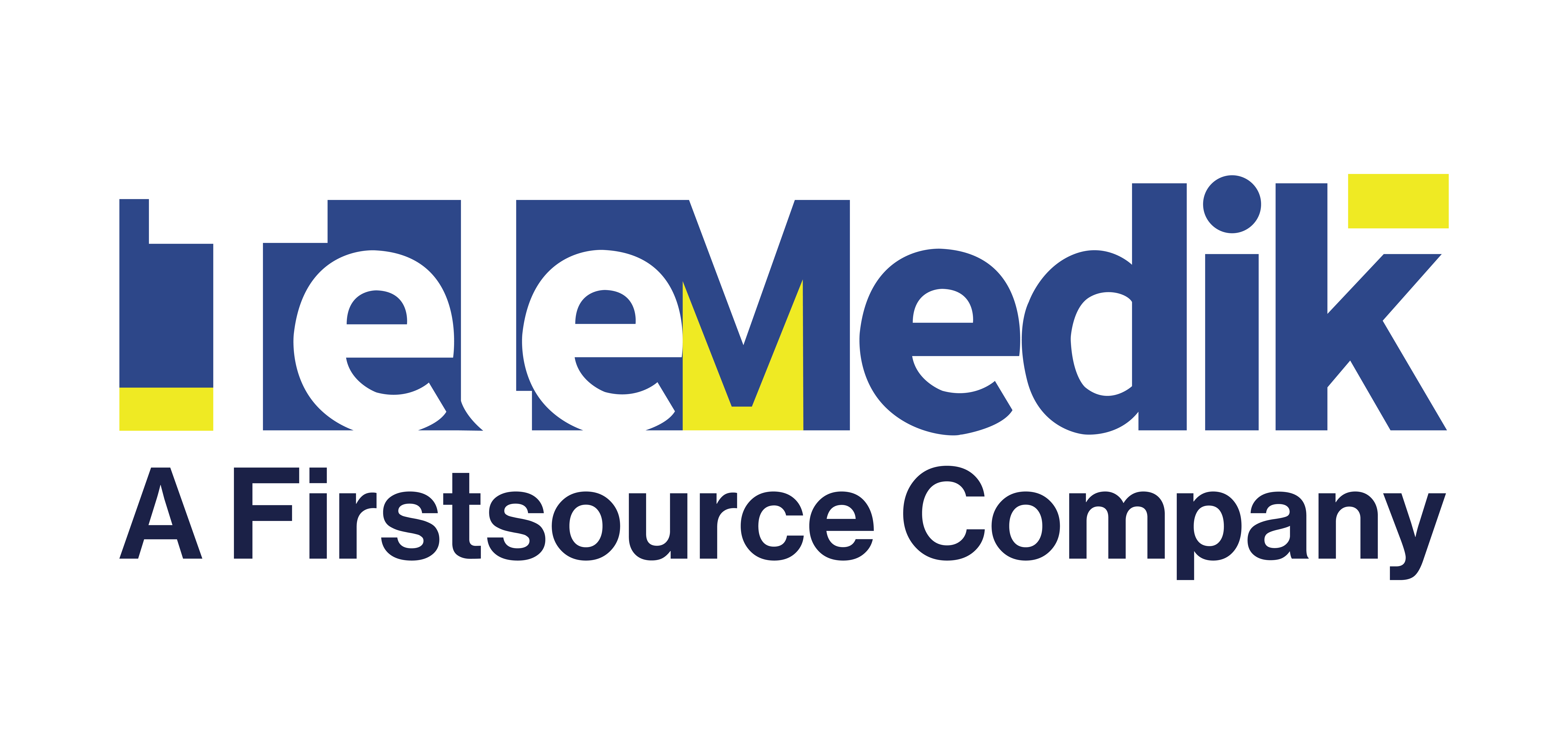Private Equity Operating Partners share experiences
Amit Vij, Global Head, Private Equity Practice – Firstsource, facilitated a panel discussion last month of Private Equity Operating Partners. The discussion touched on priorities during the pandemic, ways of working, skill sets, ESG, and the use of third parties. Panelists included Alejandro Alcalde Rasch, Senior Director, Portfolio Support at APS Advisory, Amanda Good, Partner, Head of Global Value Creation at Searchlight Capital Partners, Fredrik Henzler, Co-Head Private Equity Goods & Products at Partners Group, and Josephine Hus, Investment Professional at Permira. Here are the key takeaways from their conversation.
Speed and flexibility are key to unlocking value faster
The way Operating Partners facilitate on-the-ground value creation has transformed tremendously over the course of 2020 in response to the pressures of the pandemic. The panelists agreed that while there was significant downside, such as the inability to interact in person and loss of jobs, there was also a lot of upside.
Speed and flexibility matter more than ever as things can dramatically change within a matter of weeks. Speed of decision making has accelerated. Instead of debating an initiative for two or three years, decisions are now made within two to three hours. Conversations that were difficult to get off the ground 18 months ago are now at the forefront. Whether it’s a decision to do a digital initiative or transform your business model, how you work, or even your culture.
Along with rapid decision making, globalization is really taking off. Borders are no longer as relevant as they were in the past. Operating partners are taking a more collaborative ‘all-in-it-together’ approach to get their portfolio companies quickly out of the crisis and back into the normal. Management teams are working more globally and providing more input across borders. There’s a growing realization that people don’t need to be in physical space together to make decisions. This ability to create value remotely translates to a huge increase in productivity.
Rethink operating model and skill sets for the new reality
The post-pandemic world provides a clean slate for reimagining operating models. While data and digital will continue to be key, the establishment of remote work models with the resulting spike in productivity, offers the opportunity to move away from traditional models and innovate a new approach.
Typically, portfolio support groups comprise generalists covering all aspects of value creation. Even prior to the pandemic, two important gaps were evident in terms of skillsets. The first gap lay in Digital and Advanced Analytics capabilities that are critical to helping portfolio companies evolve with changing consumer requirements. And second lay in HR – recruitment and people development – skills necessary to strengthen the management team. A third gap became apparent in second half of 2020 with more people working from home – cybersecurity. As cyber intrusions became more common amongst portfolio companies during 2020, strengthening IT teams with security experts who can proactively identify and fix issues, became a top priority.
To ensure sustained success, Operating Partners must go from being generalist, integration experts to digital leaders. How can they do this? Adding engineers, data scientists, data architects and UX experts is the answer. These specialists help liaise with the tech teams at portfolio companies to kickstart a project using best practices, provide advice on how they should leverage their data, or perform impact analysis. Creating a Center of Excellence is another way to offer portfolio companies the much-needed access to skilled resources and accelerate value creation.
Driving successful B2B sales and go-to-market in the digital world requires entirely new techniques – from lead generation to close. For instance, as more decisions are made based on the digital footprint of information, it’s critical for portfolio companies to evolve and strengthen their content piece. Similarly, as B2C consumer behavior and expectations change, it’s important to re-captivate consumers when, where and how they want to consume a product or service.
ESG is a critical differentiator
Environmental, Social and Corporate Governance (ESG) was top of mind even before Covid. Over the last year, the focus on ESG has sharpened further. Portfolio companies are now demanding much more than compliance-based behaviors. They are treating ESG as an important differentiator and focusing on negative selection to make sure that operating partners do not invest in certain areas. There is a growing expectation to embed ESG across the value creation plan – not just in reporting or improving performance. As a result, ESG teams will increasingly become an integral part of operating teams.
Since every company in the portfolio is different, it’s best to track on a company-by-company basis while maintaining minimum standards across the portfolio. Using a combination of quantitative and qualitative metrics across areas – ranging from equity to infrastructure – operating partners must evaluate ESG as part of the due diligence process, and subsequently monitor it consistently across portfolio companies.
Managing costs during Covid – not a top priority
Optimizing costs was not a major value creation lever last year. The immediate priority was ensuring the safety of people and protecting them to keep businesses running. The second priority was meeting financial obligations such as paying salaries and serving credit facilities. Liquidity was key and costs were viewed in the context of ensuring liquidity. So, the question was: how can we variablize the cost base where possible within the social framework in which the company operates? The bigger issue for most operating partners was ensuring flexibility as it meant that their portfolio companies could get off the blocks much quicker. Maintaining supply, enabling flexibility, and reacting to supply chain disruptions were viewed as more critical than managing costs.
Engagement with consultants and advisors is evolving
There is distinct change in the type of consultants being engaged in the post-Covid world with the focus shifting to digital and data analytics capabilities. As the need to respond quickly and accelerate value creation intensifies, there is greater demand for ‘doers’ rather than ‘thinkers’. Operating partners do not have the time to formulate over three months, and then bring someone in to execute it. Thinking and doing must happen simultaneously. While this was already a trend before Covid, the pandemic has heightened it further.
The future of work is hybrid
With the rapid acceleration of digital transformation, digital experts, data analytics, and AI are key to achieving Value Creation 2.0. Hybrid work models will become more commonplace. This means ensuring the employees at portfolio companies are supported by a digital backbone and the right workflows, implementing change processes, and deploying the right security protocols. The hybrid model promises greater digital interaction and increased productivity, along with the ability to attract talent across the world – without any geographical constraints.











